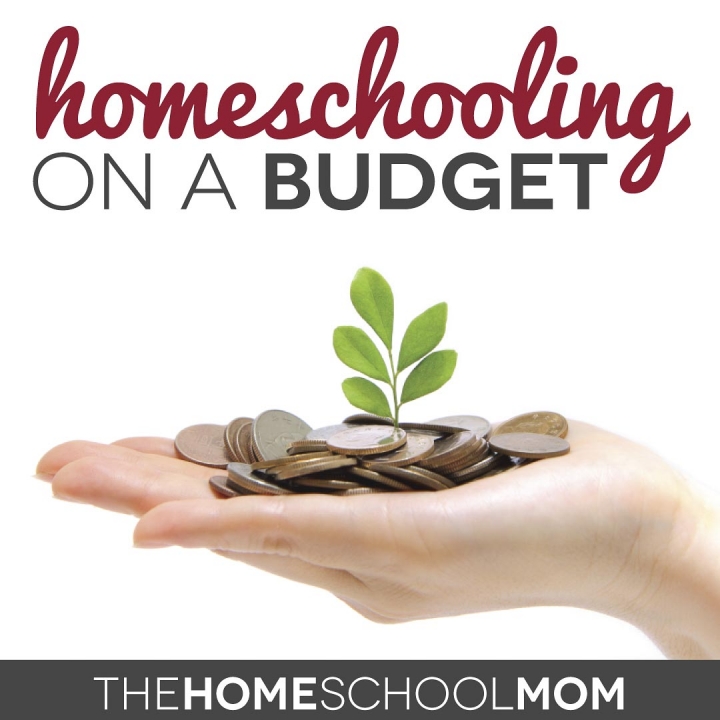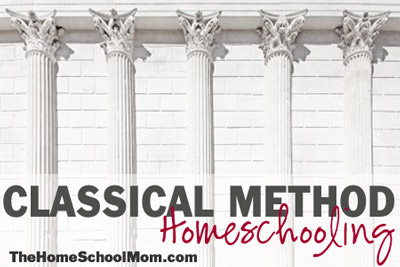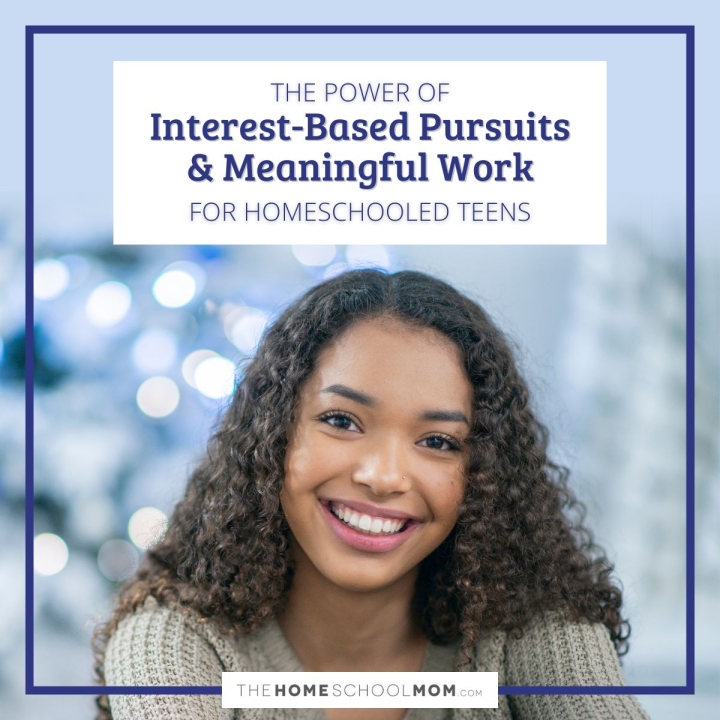- Contests for Homeschoolers
- Homeschool Teacher Resources
- Homeschool ID Card & Discounts (Now with Bonus Student ID Card)
- Homeschooling: A Guide for Parents
- Homeschooling on a Budget
- How to Homeschool
- Unschooling: How to Start, Laws & Best Practices
- Homeschool to Military
- Moore Formula
- Eclectic Homeschooling
- How to Choose the Best Homeschool Curriculum
- Community College Course Planner
- Benefits of Homeschooling
- Timelines in the Homeschool
- How Homeschooling Works - FAQ
- Lapbooks
- "School At Home" Homeschooling
- Charlotte Mason Method
- Classical Homeschooling
- Homeschooling Freebies
- Going from Homeschool to College: What You Need to Know
- Unit Studies
- Ask Jeanne: Answers to Your Homeschool Questions
- How to Homeschool High School
- The Power of Interest-Based Pursuits and Meaningful Work for Homeschooled Teens
- Waldorf Homeschooling
Homeschool Help
by THSM




























